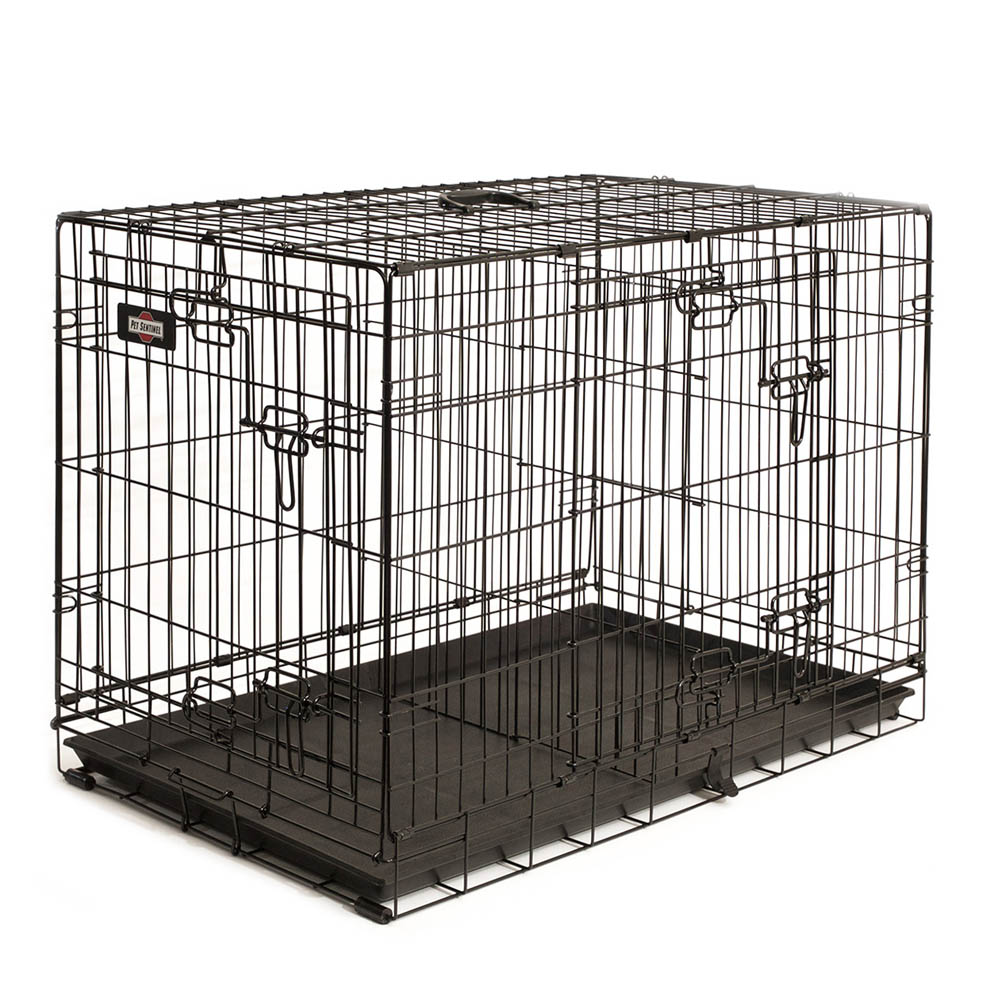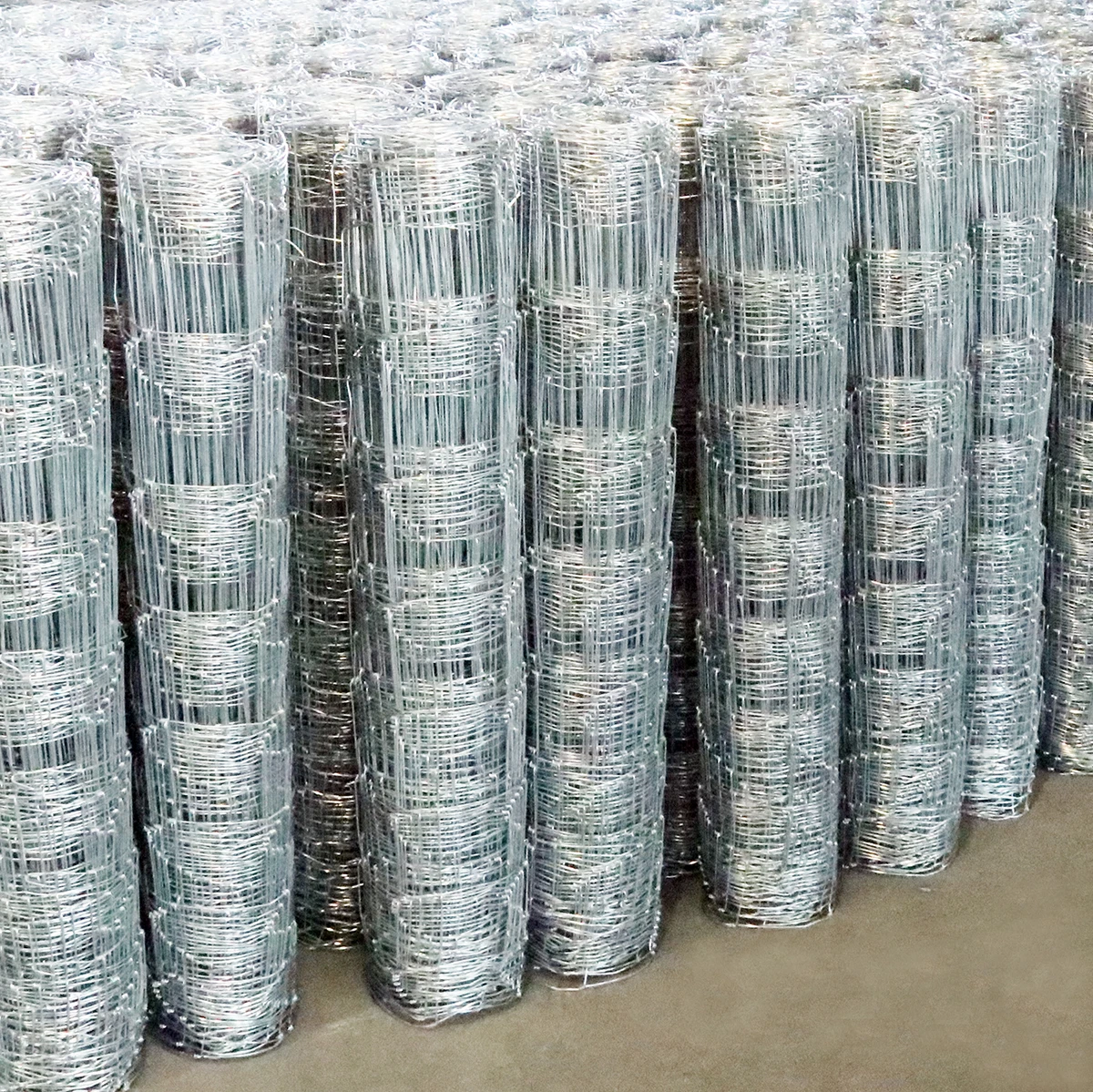Sustainable Solutions for Eco-Friendly Plastic Green Net Innovations
Ago . 16, 2024 22:54
Embracing the Future The Rise of Plastic Green Nets in Sustainable Agriculture
In recent years, the agricultural sector has witnessed a myriad of innovations aimed at promoting sustainability and enhancing crop production. Among these innovations, plastic green nets have emerged as a vital tool for modern farmers. These nets, typically made from high-density polyethylene (HDPE) or polypropylene, are designed to protect crops from various environmental challenges while also contributing to sustainable farming practices. This article explores the significance of plastic green nets in agriculture, their benefits, and their potential to shape the future of farming.
Plastic green nets serve various purposes in agriculture. Primarily, they act as protective barriers against pests and harsh weather conditions. In regions where insect infestations can devastate crops, these nets provide an effective solution while minimizing the need for chemical pesticides. The physical barrier created by the nets deters insects, birds, and larger animals from reaching the plants, thereby promoting healthier growth and increasing yields.
Another significant advantage of plastic green nets is their ability to mitigate the effects of extreme weather. With climate change increasingly impacting farming practices worldwide, farmers are faced with unpredictable weather patterns, including heavy rainfall, hail, and intense sunlight. Green nets can stretch over crops to provide shade, reducing sunburn risk and helping to maintain optimal temperatures for plant growth. Similarly, they can protect crops from hail damage, which can be particularly devastating for fruit-bearing plants.
plastic green net

In addition to their protective qualities, plastic green nets also facilitate improved microclimatic conditions. By creating a sheltered environment, these nets can enhance humidity levels and reduce wind speed around the crops. This microclimate can lead to more consistent growth rates and can even allow for extended growing seasons, enabling farmers to cultivate a wider variety of crops throughout the year.
Moreover, the utilization of plastic green nets can contribute to water conservation efforts. In regions where water scarcity is a rising concern, these nets can reduce evaporation and retain soil moisture, allowing crops to thrive with less water. This is particularly beneficial in arid and semi-arid areas, where irrigation may be limited. By combining the use of green nets with other water-saving techniques, farmers can create a more sustainable farming system that conserves resources for future generations.
Sustainability is at the core of modern agricultural practices, and plastic green nets embody this principle. They are lightweight, durable, and can be reused multiple times across different growing seasons. However, it is crucial for farmers to select high-quality, UV-resistant nets to ensure longevity and minimize waste. The challenge lies in the proper disposal and recycling of these materials once they reach the end of their life cycle. Encouraging sustainable disposal practices can further promote the environmental benefits of using plastic green nets.
In conclusion, plastic green nets are becoming increasingly vital in the quest for sustainable agriculture. By providing protection against pests and adverse weather, improving microclimatic conditions, and conserving water, these nets play a crucial role in enhancing crop yields and preserving the environment. As the agricultural sector continues to adapt to the challenges posed by climate change and resource scarcity, integrating technologies like plastic green nets will be essential. With ongoing research and development, the future of farming holds promise, with sustainability at the forefront of innovation. Embracing tools like plastic green nets can lead to healthier crops, increased food security, and a more sustainable agricultural landscape for generations to come.









 Unity
Unity Creation
Creation Challenge
Challenge Contribution
Contribution










